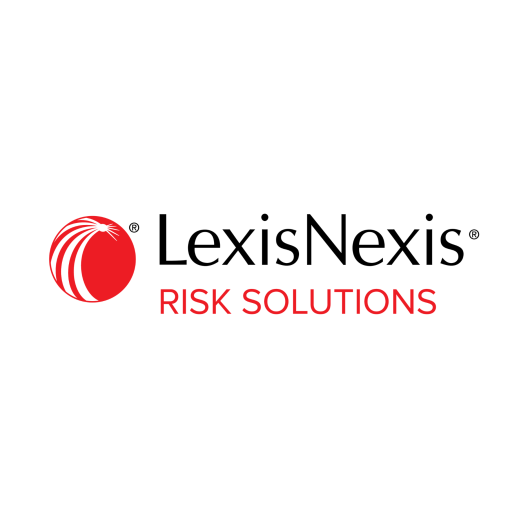
SPEAKING UP AND SPEAKING OUT – Tackling Homophobia, Transphobia and Biphobia in the Workplace
Business
Participants:
- Lyle Lulich (he/they), Chair, WBA Pride Alliance
– US & Information Security Analyst, Walgreens
- Tamara Ansons (she/her), Behaviour Science Consultant & Pride Co-Chair, Ipsos MORI
- Matt Tudball (he/him), Pride ERG Lead & Senior Editor, Recycling, ICIS
- Jamie Thomas (he/him), Co-Chair of Alfa LGBTQ+ Network & Senior Software
Engineer Chaired by:
- Leila McKenzie-Delis, Founder & CEO of DIAL Global
Dictionary.com says that the word phobia is a noun and describes it as “a persistent, irrational fear of a specific object, activity, or situation that leads to a compelling desire to avoid it.” Some phobias are due to the possibility of harmful circumstances, i.e. Lyme disease from deer ticks. Others are less rational. In today’s DIAL Global Lounge, we’ll be talking about homophobia, transphobia and biphobia - phobias that are learned through cultural biases, ignorance, confusion, or the inability to manage irrational judgments and reactivity within our own psyches. Being able to see that these phobias are irrational is important when it comes to dismantling fear and hate towards people who are different from us.
While sometimes dismissed as ‘harmless banter’, homophobic, biphobic and transphobic language in the workplace has a damaging effect on people’s self-esteem and, left unchecked, gives the impression that being lesbian, gay, bisexual or trans is shameful or wrong. The prejudicial attitudes that people can develop because of homophobic, biphobic and transphobic language can also lead to more serious bullying down the line, or in some cases, hate crimes or hate incidents that go beyond the workplace.
In today’s DIAL Global Lounge, we’ll be joined from leaders in the UK and the USA to discuss their personal experiences with discrimination and prejudice arising from these phobias. They’ll share what they’ve done to create greater inclusion and acceptance in the workplace as well as how everyone can be better allies to the LGBTQ+ community.
Questions:
• What has been your personal experience with these phobias?
• What advice do you have for others who also experience this type of behaviour / actions?
• How do you think we can help people accept others who are different from them? What needs to be done in workplaces?
• Why are pronouns significant? What difference does this make?
•
What can employers and colleagues to better to support the LGBTQ+ community? How
can they go beyond lip service? What actions are the most meaningful?

